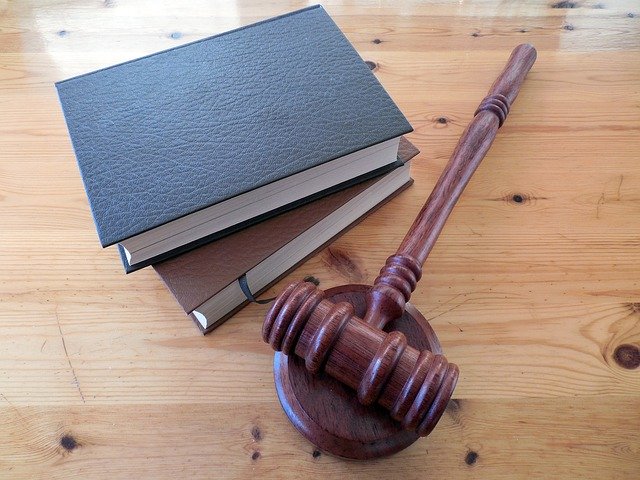How to Guide on Choosing the Right Appeals Attorney
What is an appeal? How does an appeal work?
Usually, when someone is put on trial for an alleged crime, the trial takes place in the lower court. If the defendant loses or is unhappy with the outcome of his case, he can file for an appeal, or make a request that a higher court reviews the case and the lower court’s decision. When wanting to file for an appeal, it is a good idea to hire a criminal appeals attorney.
The appeal process:
Here are the 8 steps in the appeal process:
Notice of appeal
This first step in the appeal process is a document that notifies the court that the defendant is filing an appeal.
Transcript preparation
Once the appeal is filed, the defendant will receive a transcript and all the documents connected to the trial. If the defendant’s attorney notices anything missing from these transcripts, then the defendant can request to have it added to the appeal record.
Opening brief
This is the attorney’s first chance to appeal the defendant’s case to the higher court. They do a thorough review of the case and review the errors that the lower court made.
Respondent’s brief
In an appeal, this is another name for the prosecution. This is the prosecution’s chance to show that any alleged errors did not have an influence on the sentencing.
Reply brief
In this stage, no new issues are allowed to be brought up. It’s just the defendant’s response to the prosecution’s brief.
Oral argument
Sometimes an appeal also requires the attorney to come to the higher court and orally defend the defendant.
Petition for rehearing
If the outcome from the higher court isn’t satisfactory, the defendant can request a rehearing.
Petition for review
Both the defendant and the prosecution can request from the U.S. Supreme Court to review the case.
Overturning Convictions
Here are a few examples of arguments than an appeals attorney can make:
- Cross-examination
The U.S. Supreme Court believes that cross-examination is the key to finding true justice. It is the legal right of the defendant to have all of the prosecution’s witnesses cross-examined. If the trial court limited the cross-examination, then the conviction can be overturned. - Witnesses
The defendant has the right to bring any and all evidence to prove their innocence, including the testimony of witnesses. If the trial court doesn’t allow for a witness to testify and they would have testified on the defendant’s behalf, then an appeal can be made for the exclusion of that witness. - Sentencing error
Sometimes judges can be very harsh in their sentences. There are laws regarding which sentences are given to which crimes. If a crime was sentenced too harshly, an appeal can be made to overturn the sentence. - A “golden rule” argument
It is forbidden to use a golden rule argument in a criminal appeals attorney trial. A golden rule argument is when the prosecutor asks the jury to put themselves in the victim’s shoes. This kind of argument is forbidden because it is subjective. Trials must be based on real evidence and objectivity. If the prosecutor made a golden rule argument, then the defendant can look to overturn the conviction.
All these factors can have a huge effect on criminal charges. To learn more about what options you have for your case, contact the criminal appeals attorneys with Spolin Law P.C. for a free consultation.

